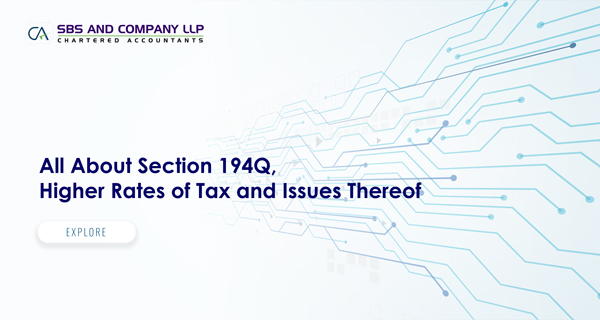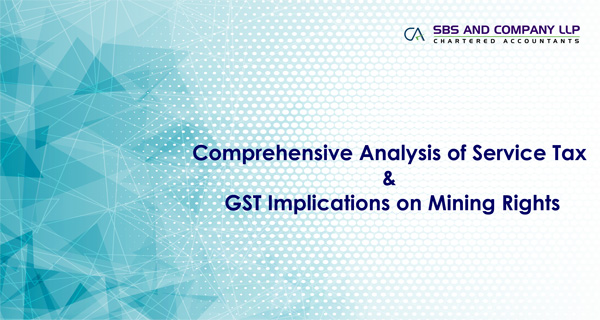- SBS AND COMPANY LLP
- Blog
- Hits: 4412
Copyright - Reproduction v. Usage - Much Awaited Judgment of Decade - Engineering Analysis Centre of Excellence Private Limited
This article is on one of the vexatious issues of taxation on the software payments made by residents to non-residents. The said issue was put to an end by the Honourable Supreme Court in the matter of Engineering Analysis Centre of Excellence Private Limited[1] (for brevity ‘EAC’) in favour of the tax payer. Let us proceed to understand the core issues, the history involved surrounding the issue, the arguments by and against tax payer, the analysis by Supreme Court and conclusions therein.








